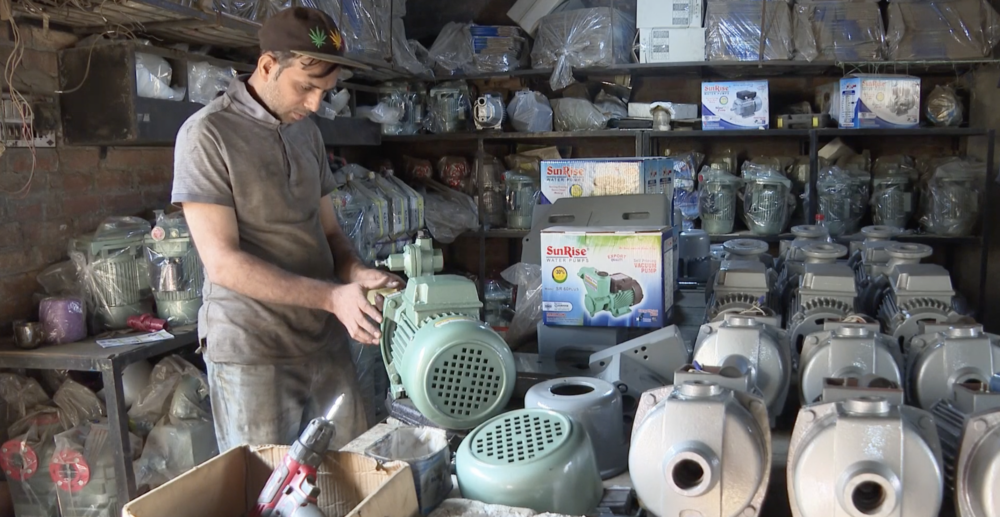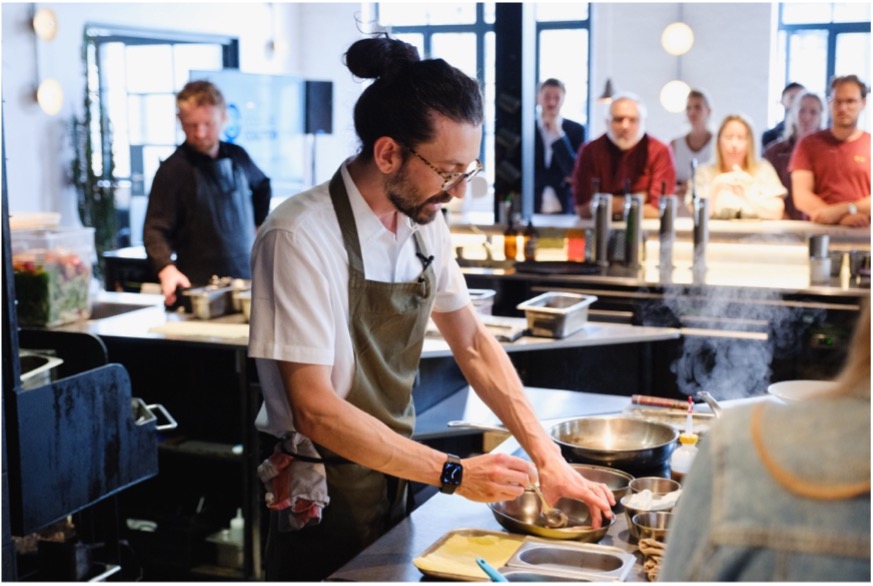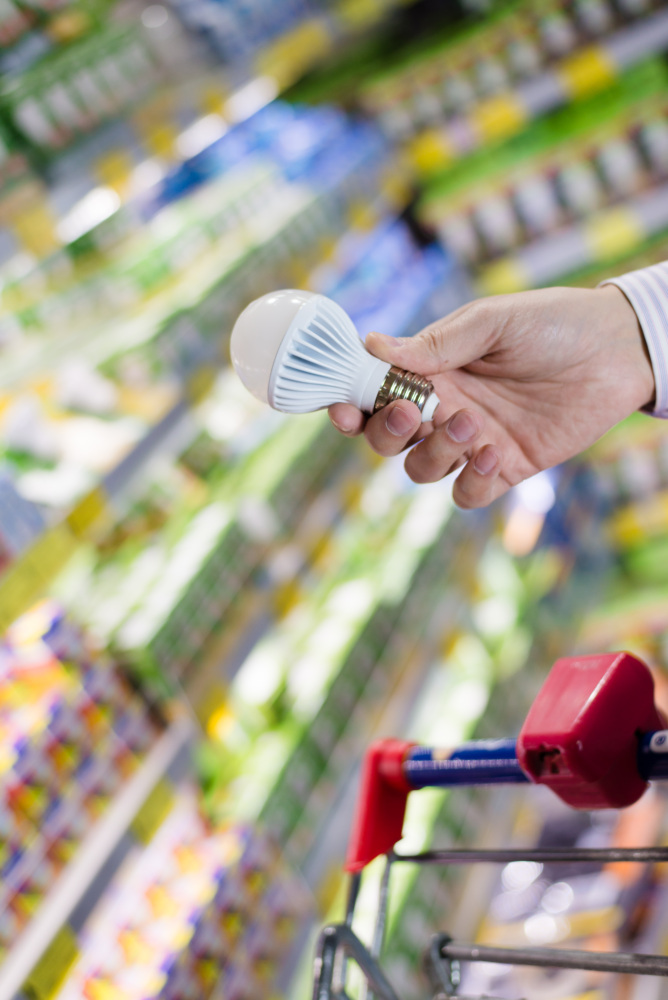Supporting China’s Path to High-Efficiency Cooling
Similar to our work in other countries, CLASP provides technical support and expertise to China’s policy upgrades for cooling appliances.
China, with its growing economy and strong manufacturing base, is leading the way for efficient cooling technologies. The recent China Refrigeration Symposium 2024 and the China Cooling Expo 2024 in Beijing brought together global stakeholders to chart a path towards high-efficiency cooling solutions. These events highlighted the Chinese government’s efforts to enforce higher appliance efficiency policies in the country’s commitment to climate action. China also announced it will promote the use of CO₂ and other natural refrigerants to reduce the harmful environmental impact of cooling systems.
CLASP was there too, to present our global research on the interlinked climate and sustainable development opportunities affordable, efficient cooling appliances can bring, as well as the policy mechanisms that can expedite a country’s transition to efficiency. CLASP research predicts that improved appliance efficiency policies in China will make it a global leader in energy-efficient cooling, and this will reduce 500 million tons of CO₂ by 2040.
CLASP @ China Cooling Expo 2024
CLASP is supporting China’s policy upgrades for commercial refrigerators, room air conditioners among other appliances. Through initiatives such as the China Labeling Program, which covers more than 150 products and emphasizes high efficiency standards, China is setting a benchmark for global best practices in energy efficiency regulation.
CLASP also collaborates with partner institutions such as the China National Institute of Standardization (CNIS) and leading universities like Southeast University to develop robust frameworks for improved efficiency policies.
“CLASP has provided international best practices to CNIS and immense support to our technical teams, helping us make significant progress in improving appliance energy efficiency in China. Our efforts will help the country meet its commitments of peaking carbon emission by 2030, and reaching carbon neutrality before 2060,” said Liqiang Xing, Director of Resource & Environment, CNIS.
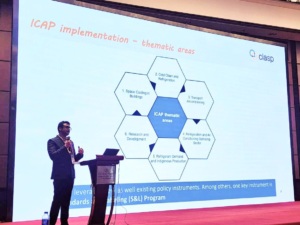
CLASP’s research highlights the opportunity and urgency needed for concerted global efforts to achieve high-efficiency cooling solutions. “The critical role of policymaking in implementation of high-efficiency technologies cannot be overstated. Chinese leaders who set strict standards for energy efficiency are a beacon for the global community”, said Steven Zeng, CLASP’s Program Lead in China.
As CLASP continues to collaborate with international policymakers, industry stakeholders and global partners, momentum for high-efficient cooling is picking up pace. By leveraging collective expertise and shared goals, the path to a more energy-efficient and environmentally sustainable future for cooling systems is increasingly attainable.
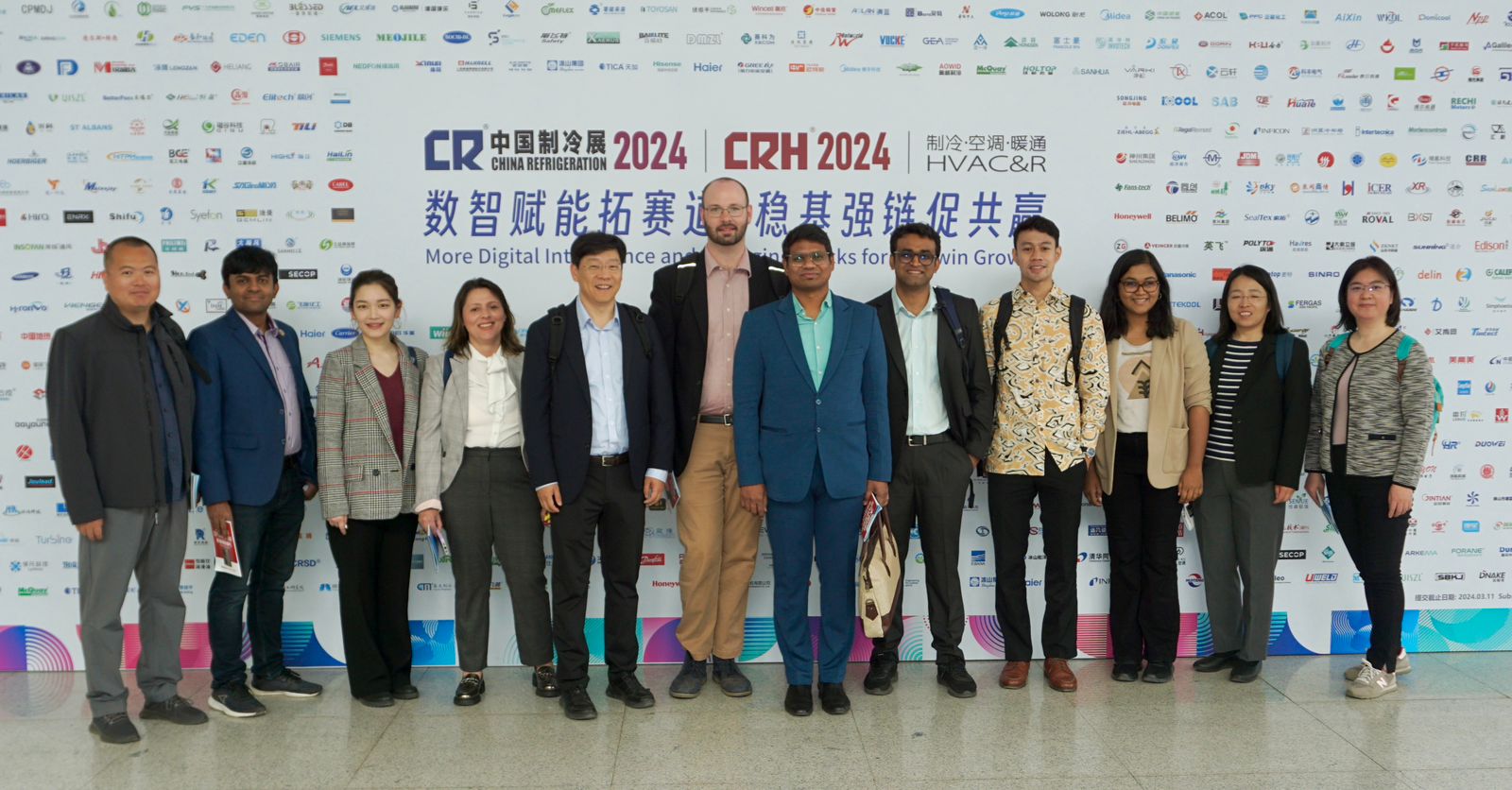
CLASP's global team at the China Cooling Expo 2024


